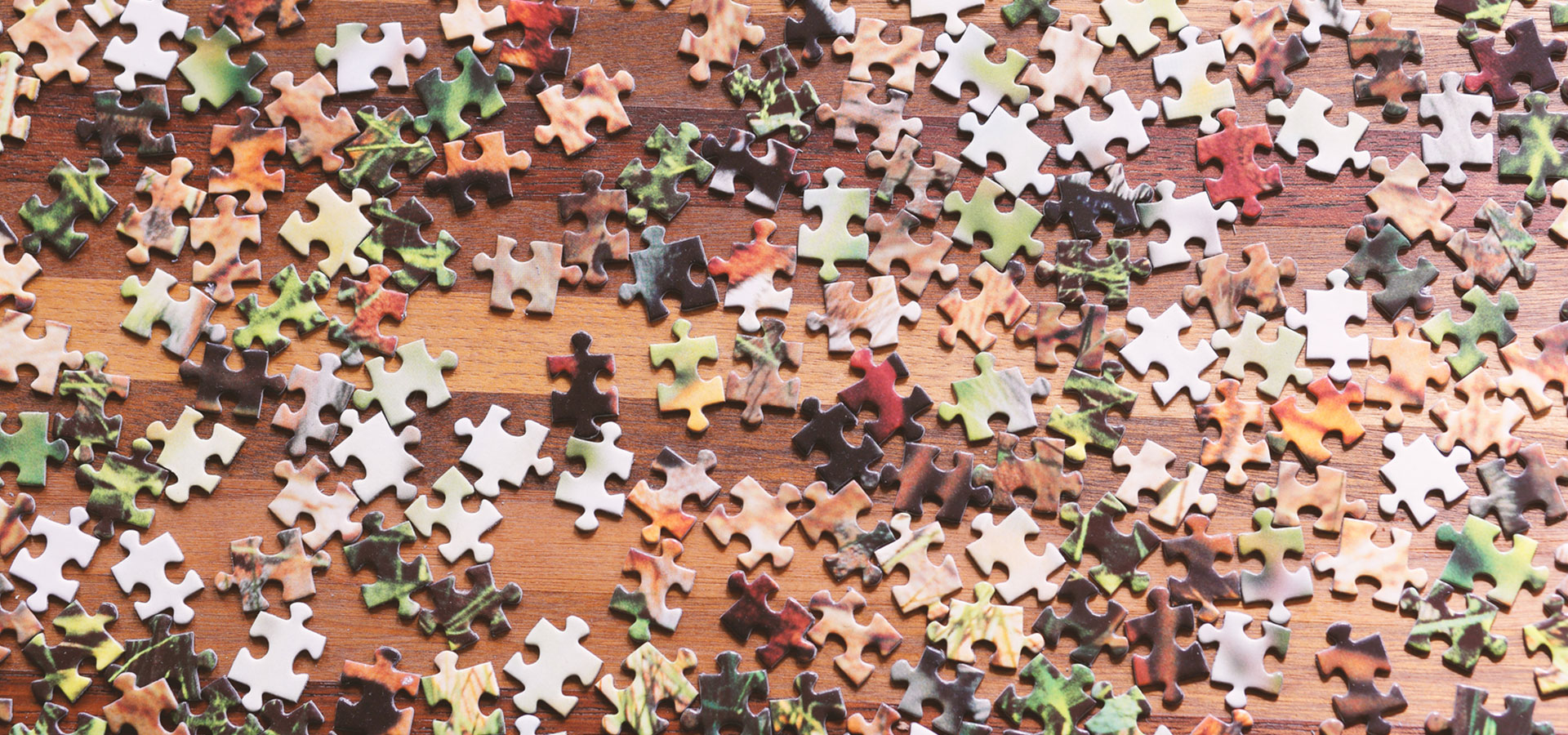
Identity Is A Playful Thing
My niece is heading off to college this year. As tradition dictates, she’s applied to a number of different universities. Her long-term boyfriend is enrolled at one of these universities, and there’s no evidence it won’t be where he completes his educational career. Upon hearing this I instantaneously blurted out, “But imagine how cool it would be to go to a place where no one knows you and you can define and create your identity—on your own—as you wish.” Luckily, she’s a very smart girl and agreed with me. How much of this was because I was in the car next to her I’ll never know, but what I do know is that in that moment, we both opened our minds to the idea of identity—something I honestly hadn’t put a whole lot of thought into before.
If you ask Google to define identity, you’ll get a multitude of answers ranging from Psychology Today’s description of it as “the answer to the question who am I” to more esoteric Kierkegaardian philosophy focusing on the absurdity of the whole concept altogether. I’m sure this basically means that we’re all struggling with the entire concept of identity—we always have and probably always will be. Perhaps that’s just part of the human condition. But for the purposes of this article I’m going to propose this simple three-part description:
- How I see myself
- How other people see me
- How I relate to the world around me
If you’re at all like me, on a typical day you tend to think of your identity as rather static (or you don’t think about it at all). You are who you are. You do what you do. You are either optimistic, pessimistic or somewhere in between. You might be an introvert or an extrovert. You either view strangers as potential friends or people to be avoided. We walk around with these handles, and assume that they are “us”—unwavering and set in stone. I’d argue that identity is actually opposite. In fact, I’m starting to think that identity is one of the most fluid and malleable things out there.
For one moment, go down to the microscopic level with me. Picture our bodies as atoms and molecules, and all those other things we learned about in science class. Now picture our identities the same way. How could we not be in a constant state of ebb and flow with the people and places around us? We’re constantly letting go of stuff, absorbing new stuff, and remixing our total constitutions. This is potentially either a really frustrating situation or a really liberating one, and I’m tending towards the latter. Here’s why…
There are a few things that have a pretty significant influence on our identity that we simply can’t change: where we grew up, who are parents are, the genetics we were given. And even with these things I’d call the “non-negotiables,” we are in complete control of how they affect our identity—we decide on the role they play. When it comes down to it, our identity is completely up to us. It’s on our hands, and it’s ours to do what we wish with
Identity is really one of life’s greatest games—and like all great games—it invites us to play.
So then, why haven’t we all signed up? We can mold our identities. We can shape them and refine them. We can experiment with new takes on them. We can shed parts that we don’t like, and pick up new parts from people around us. We can choose the influences, people, experiences and places that play a part. As Chuck Palahniuk, author of Invisible Monsters said, “Nothing of me is original. I am the combined efforts of everybody I’ve ever known.” But as any home baker knows, combining well… takes the right tools, knowledge, practice and time.
Imagine looking at every day as a chance to prototype something new with your identity—from the order you make at the coffee shop, to the conversation you have with the receptionist at the end of the day. What do you say? How do you act? What do you “try on for size?” Maybe you weren’t into glam rock, but you go to KISS concert and decide it’s the best thing you’ve ever seen and heard. Do you incorporate it into your identity or reject it as a one-off? (I mean really—you’re far too old to take on new habits and new fancies!) Maybe a friend tells you that you’re the most adventurous person they’ve ever met. Do you go back home to ponder why they’re so off base with a cup of green tea, or do you buy a ticket to Greenland? The possibilities are literally endless.
This same sense of play applies to couples, friends, families and companies. We all share in collective identities—and like our own personal ones—these collective ones can be explored, shaped and reinvented.
Most of the work that I do professionally involves helping brands find their identity. The best brands, and therefore the most fun and rewarding clients, are the ones that are willing to admit when it’s time to change, understand what to let go of, and have the willingness to go on the journey to find something new. I’d argue that the best “identities,” and therefore the most fun and rewarding people, are the ones who do the same. They know when it’s time to change. They’re willing to let go. And they’re fired up on the search for something new.
Let’s not be static this year. Let’s not assume that what’s been set in stone actually is, and let’s start to play with how we see ourselves, how the world sees us, and how we relate to the world around us.
LeBron James once said, “I don’t know how tall I am, or how much I weigh, because I don’t want anybody to know my identity. I’m like a superhero. Call me Basketball Man.” I’m honestly not sure exactly what he meant, but I’m pretty sure it means he’s playing with the idea of his identity. He claimed “Basketball Man.” He put it out there as an audacious thing to live up to—and he became it.
We may not all be skilled enough to claim LeBron’s rights on the court, but we can all create and re-create ourselves just like the man who literally adorns half the Heat’s stadium walls. And to round it all out, I think my niece is exactly like LeBron James. She’s entering a game that’s worth playing, and she’s taking center court. Play on Wayne. Play on Garth.


Uncommon Person: Chad Hutson

Our Internal Learning & Impact at Bulldog Drummond

The One Decision by Employers in 2021 that Means Everything

What I Wish I Knew

Standing Up Inside

Uncommon Person: Gregg Imamoto

Five Things Every Company Should Know about ESG

Redefining Value

Uncommon Person: Chris Baréz-Brown

It’s Time For A Whole Lotta Common Good

Did You Choose Humanity?

Uncommon Partnership: Violux

Here’s How

Uncommon Person: Santhosh Nair

Designing Strategy For A Complex World

Responsibility & Relevance for Brands

